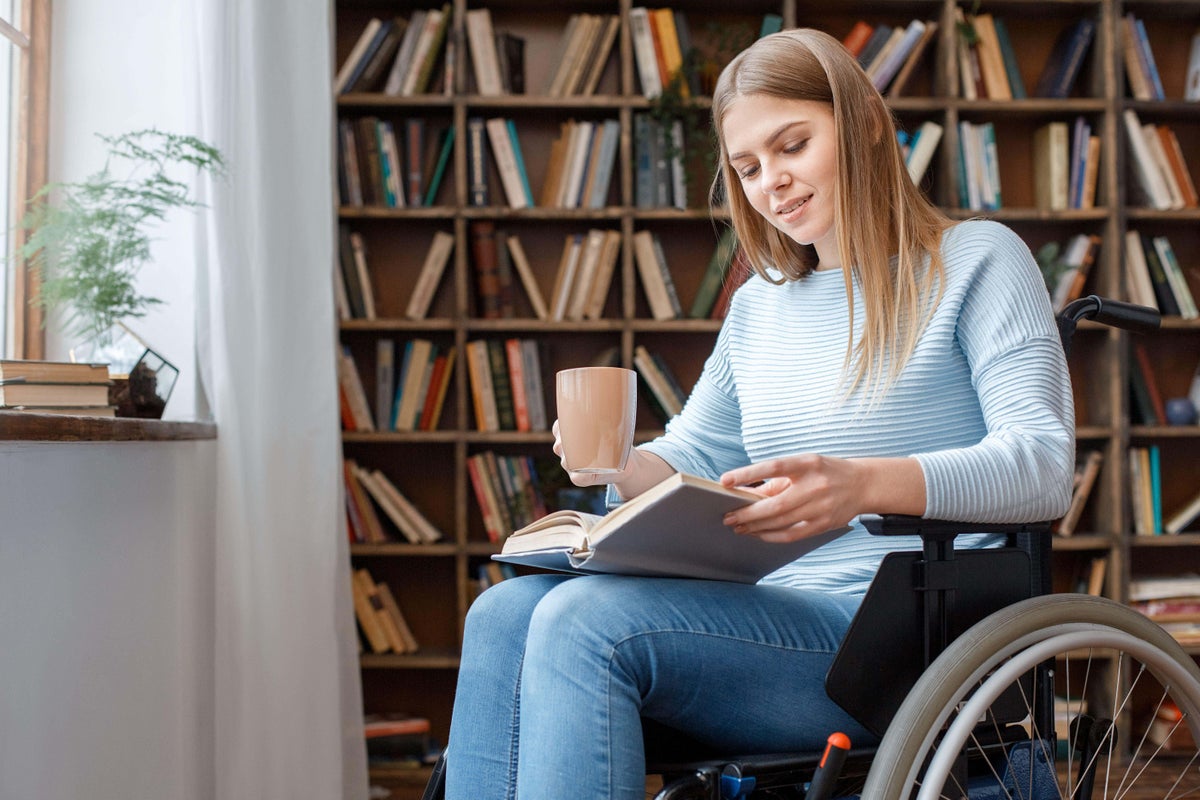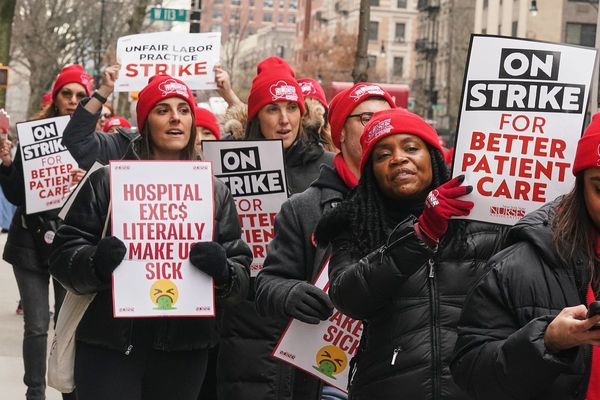
Surging living costs are a worry for many. But for people living with a health condition or disability, it can be an added stress on top of the extra expenses they are already having to pay in order to get by day-to-day.
When budgets are finely balanced or stretched, extra financial strain may mean missing appointments, or living with pain rather than switching the heating on to help ease it.
Having been diagnosed with a brain tumour in 2016, Julian Fiano says the situation with surging bills is adding to his stress and forcing him to make tough choices.
“My partner and I are literally living week-by-week, faced with so much anxiety about how we’re going to pay the bills and buy food. It doesn’t make sense,” says Fiano, 34. “I’m having to make daily choices between buying food or petrol, which is stopping me from travelling to my physiotherapy appointments.”
The Londoner has been helped by cancer support charity Macmillan. “If it wasn’t for them, I don’t think I would still be alive,” he says. “I really would urge anyone in a similar boat to me, who is worried about money, to get in touch with them.”
Macmillan and Virgin Money have released research which found nearly three-quarters (74%) of younger people aged 18-39 with cancer are worried about the cost of food over the year ahead. Two-fifths (40%) are struggling to pay their basic living costs.
More than a quarter (27%) of young people living with cancer also say they’re getting further into debt, or have fallen behind on paying a major bill such as the rent, mortgage, water or gas and electricity, because of increased living costs. Just over two in five (41%) say the cost-of-living crisis is the most concerning issue to them, apart from their cancer diagnosis.
Virgin Money partnered up with the charity to roll out its Macmillan Guides support service, available on their website (macmillan.org.uk) – and you don’t need to be a Virgin Money customer.
Previous Macmillan research found 83% of people living with cancer in the UK experience some kind of financial impact from their diagnosis, and for those affected, this reaches an average of £891 a month.
Other health conditions can also have a big impact on living costs. The charity Versus Arthritis has warned that people could face deteriorating health due to the cost-of-living crisis.
Their survey of people affected by arthritis or musculoskeletal (MSK) conditions found nine in 10 are worried about the cost of heating their homes this winter, with nearly a third already skipping meals or eating less to make ends meet.
More than nine in 10 (94%) say the cold makes their condition worse – but the charity has heard from some people who say they will be restricted in how much they use the heating this year.
Versus Arthritis says over half (52%) of people with arthritis already face additional costs due to their condition, including on energy, medicines, food, and travel. Heating bills were found to be the most common outgoing that people with arthritis pay extra for due to their symptoms.
Among those the charity has seen is Lynda Hesketh, 60, from Chester, who has rheumatoid arthritis and switches the heating on or has a bath to ease the pain and stiffness in her joints.
“My wheelchair had to be repaired recently, and without the warranty would have cost nearly £1,000,” says Hesketh. “Servicing of my wheelchair, repairs and petrol, as well as attending hospital appointments, are more disability-related costs that are piling up and getting worse.”
James Taylor, director of strategy at disability equality charity Scope, says: “Life costs more if you are disabled. Many disabled people have no choice but to power life-saving equipment and now the cost of powering an electric wheelchair or a ventilator has doubled in a year.
“Scope is being inundated with calls from disabled people with nothing left to cut back on and nowhere else to turn. Our research shows that half of disabled people say they will be struggling from October, and won’t be able to afford essentials.
“It’s no longer a choice between ‘heating and eating’, many disabled people can’t afford to do either,” adds Taylor. “Some have been pushed into debt to pay their bills, others are cutting back on showering and turning off their fridge, but it’s still not enough.”
A Government spokesperson says: “We know that living with a long-term illness or disability can impact on living costs, which is why we are supporting six million disabled people with an extra £150 payment.
“This is part of the £37 billion package of support, which will see eight million low-income households receiving at least £1,200 in support this year, including £650 in direct cost-of-living payments and all households will also receive a £400 discount on their energy bills.”
The energy price guarantee, which limits the unit cost of energy, will be in place until next April. A Treasury-led review will be launched to consider how to support households with energy bills after April 2023.







